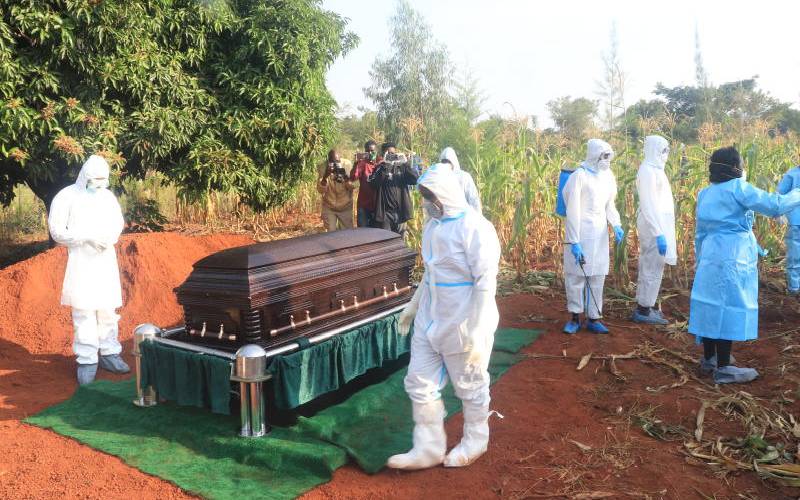×
The Standard e-Paper
Kenya’s Boldest Voice

A number of burials have been handled in ways that do not reflect norms associated with mourning, celebration, feasting and attracting crowds of family, friends and relatives.
The controversial burial of Ohangla musician Bernard Onyango, alias Abeny Jachiga, and that of former Kenya Ports Authority employee James Oyugi exposed how the Covid-19 pandemic has disrupted the cultural balance and turned culture on its head.